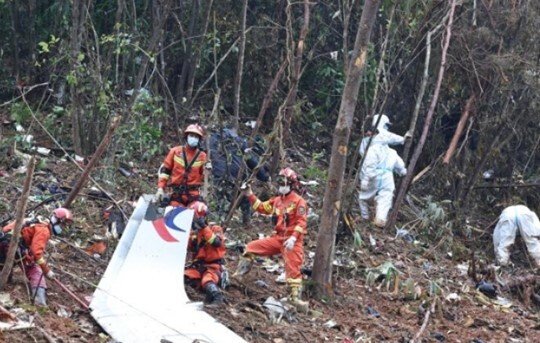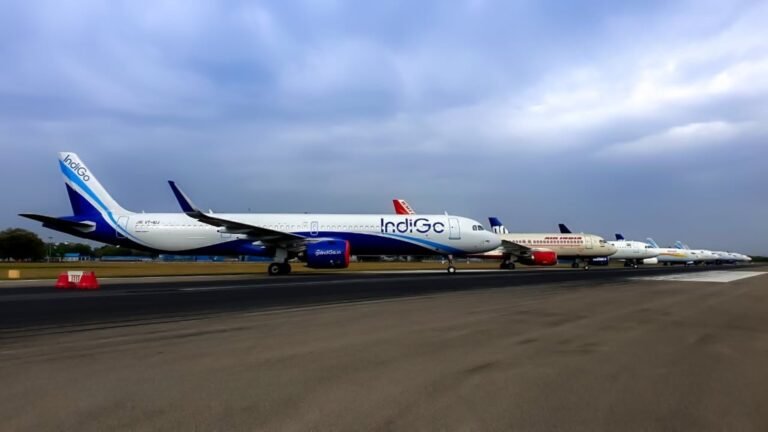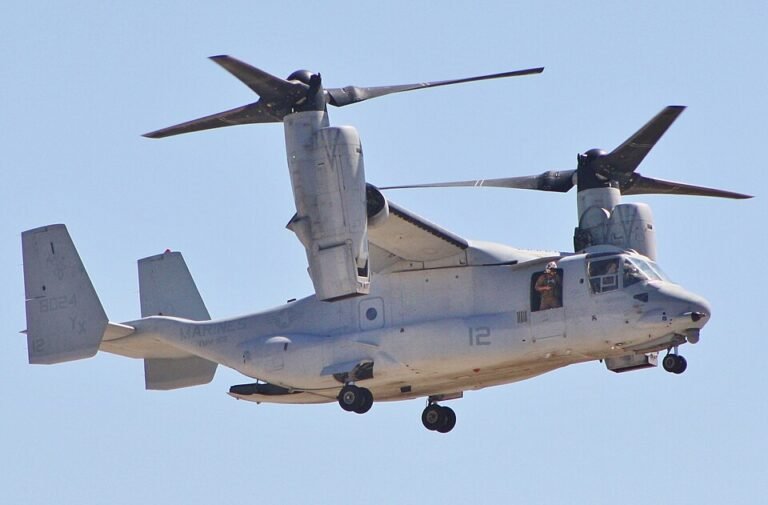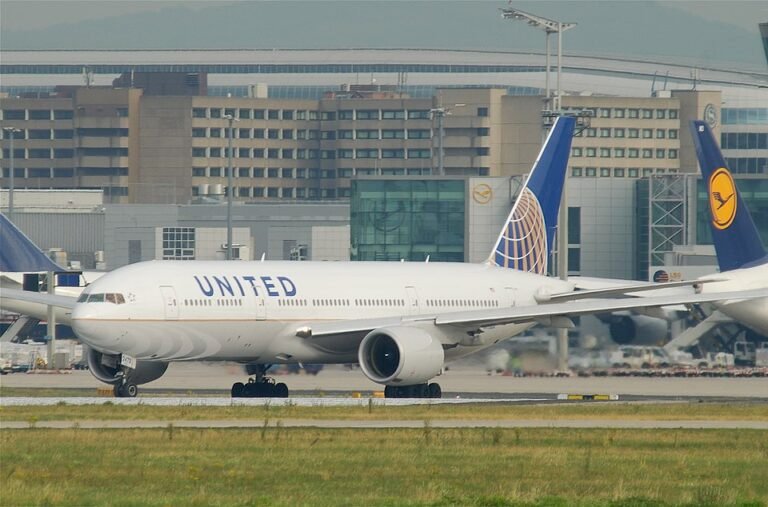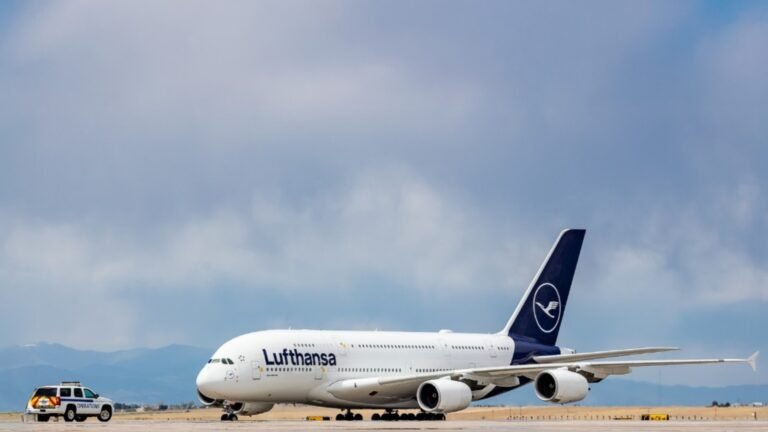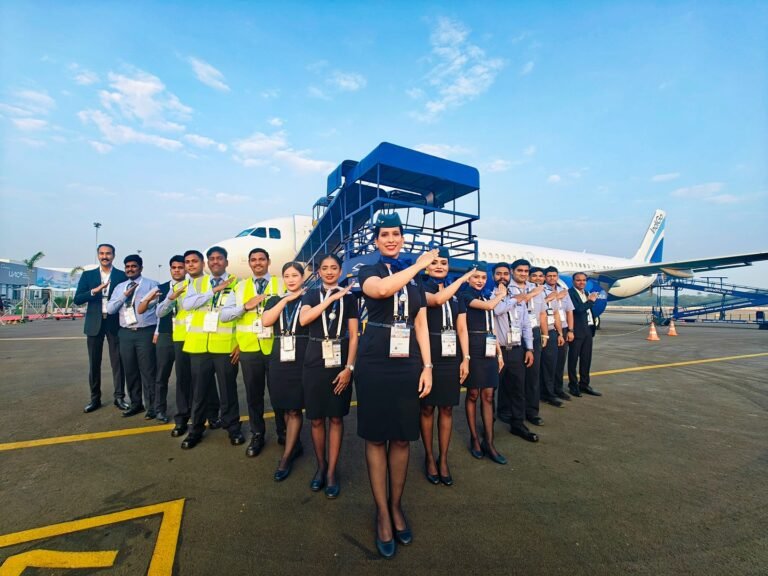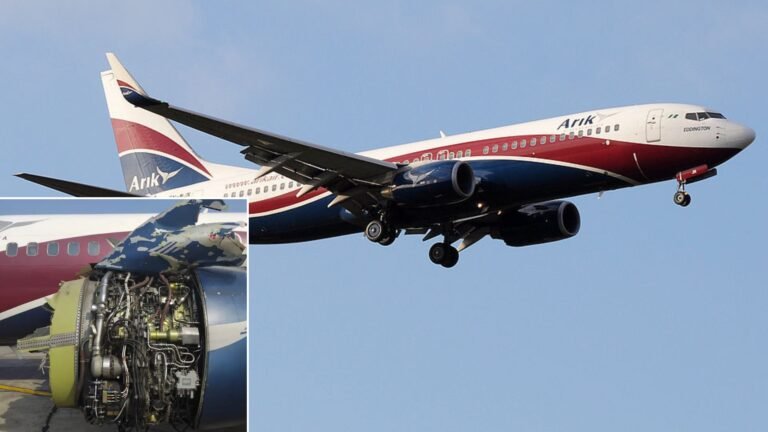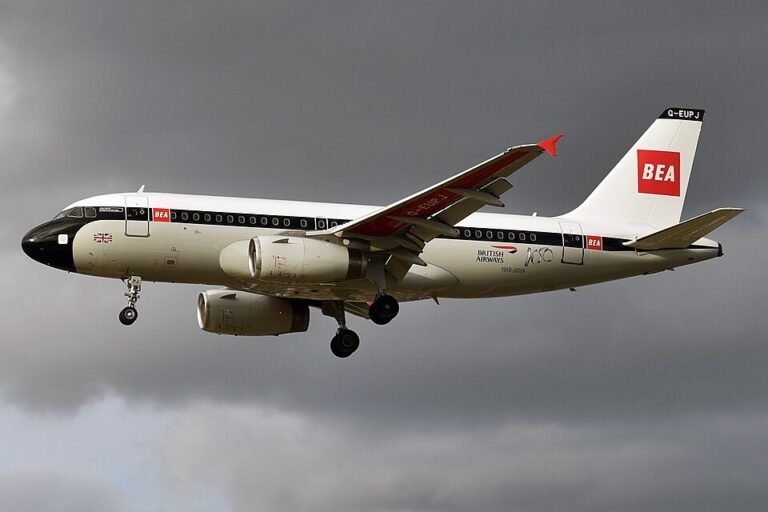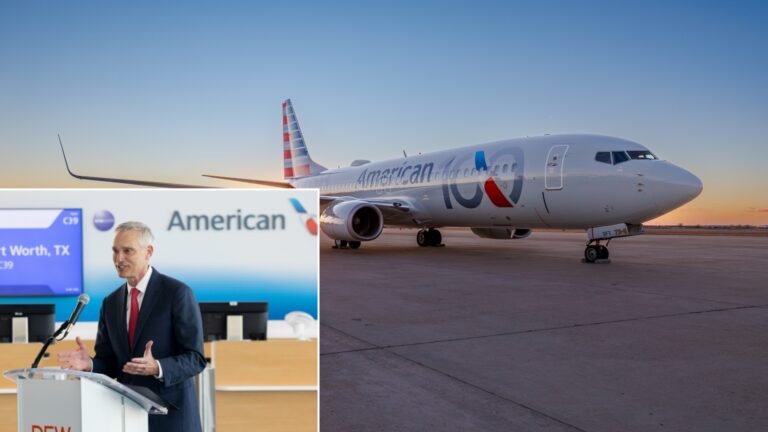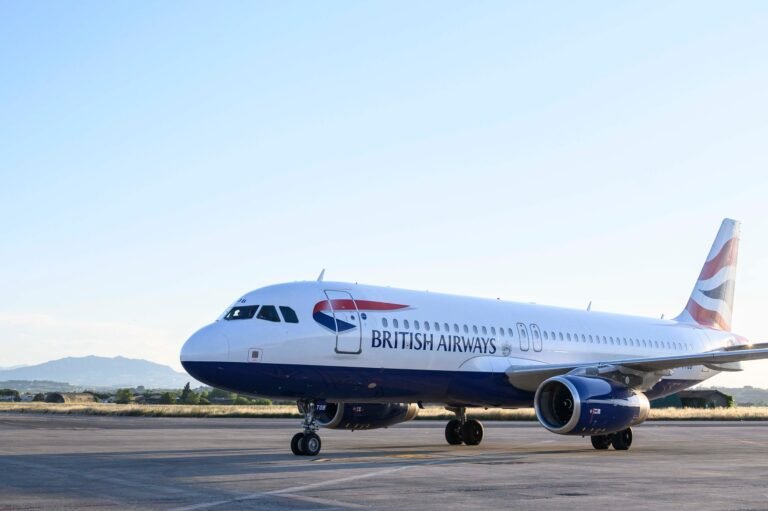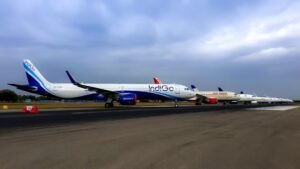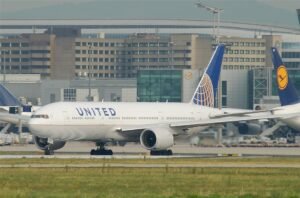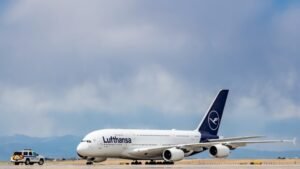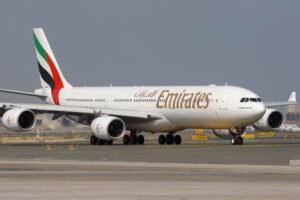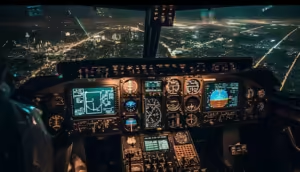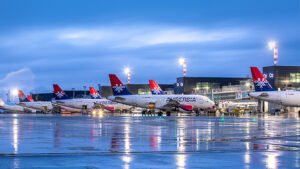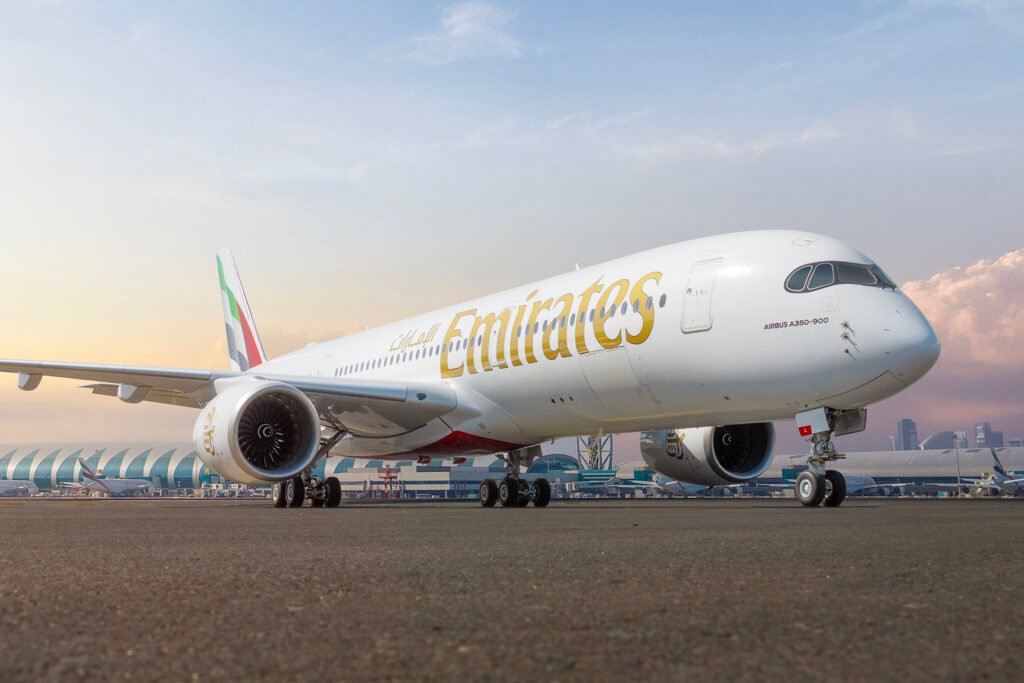
San Francisco, United States: An Emirates flight from San Francisco to Dubai was delayed for more than three hours after several Indian passengers requested to disembark, alarmed by reports of a new U.S. executive order introducing a $100,000 fee for H-1B visa applicants.
Flight EK226, operated by an Airbus A380, was due to depart San Francisco International Airport at 5:05 p.m. on September 19. According to eyewitness accounts cited by Paddle Your Own Kanoo, panic spread through the cabin shortly before takeoff as passengers received news updates about the policy. Many expressed fears that the new rule could prevent them from re-entering the United States.
The situation escalated to the point where the aircraft’s captain made an onboard announcement, acknowledging the unusual circumstances and informing passengers that anyone wishing to leave could do so. Some accepted the offer, prompting ground staff to locate and remove their baggage from the aircraft, a process that extended the delay.
Eventually, the flight departed at approximately 8:45 p.m., more than three hours behind schedule. The disruption followed news of a new executive order signed by the U.S. President Donald Trump, requiring new H-1B visa applicants to pay a $100,000 processing fee. While White House officials have since clarified that the fee applies only to new petitions and not to existing visa holders or renewals, uncertainty quickly spread among travelers.
The confusion was particularly acute among Indian nationals, who make up more than 70 percent of H-1B visa holders in the United States. Many of those onboard EK226 were reportedly concerned that leaving the U.S. might jeopardize their legal status or future employment.
The White House has clarified that the $100,000 fee applies solely to new H‑1B visa applicants on a one-time basis. Nevertheless, many observers suggest that this steep charge could effectively make the H‑1B visa an impractical option for most foreign workers seeking entry to the United States.

